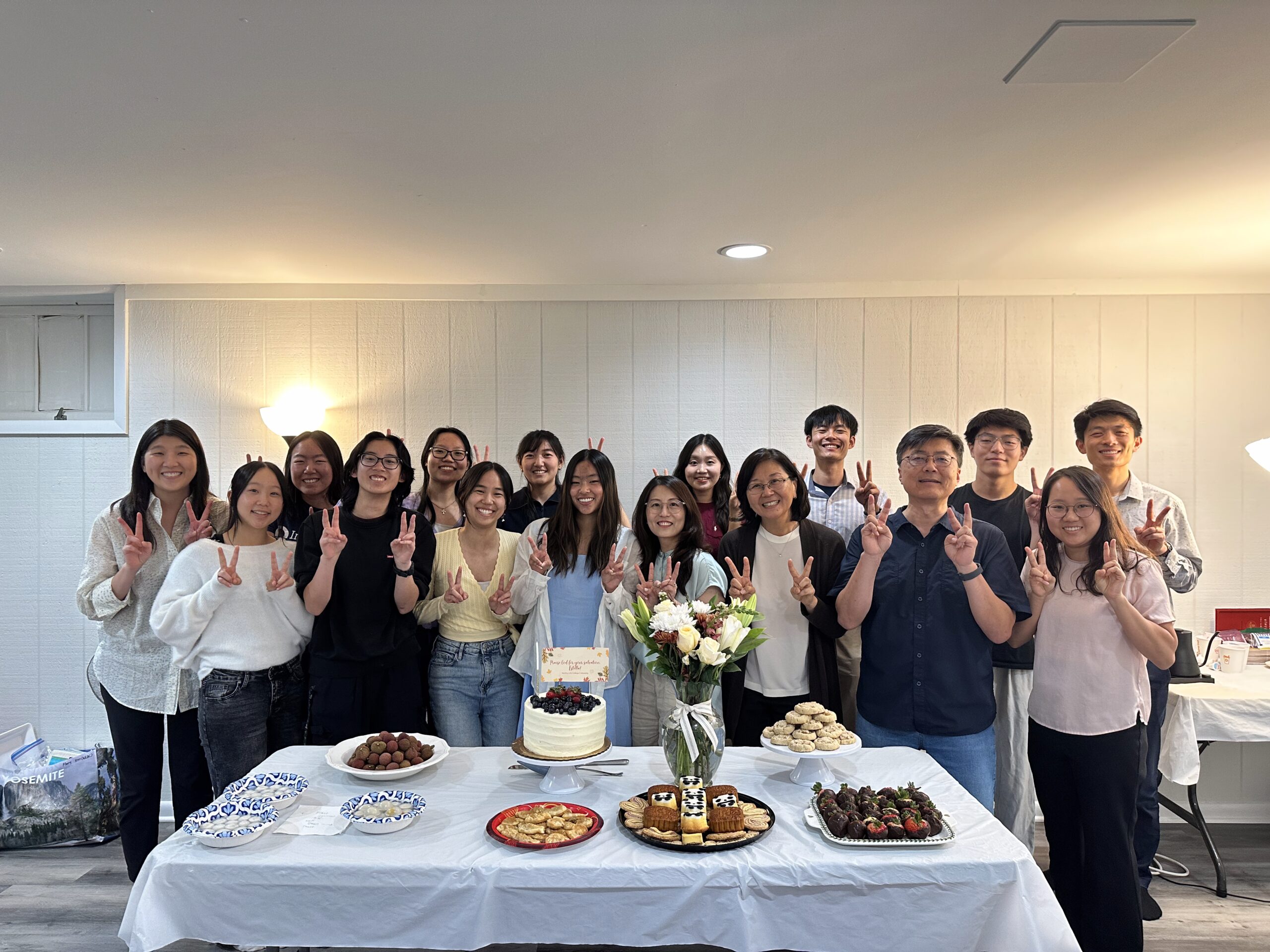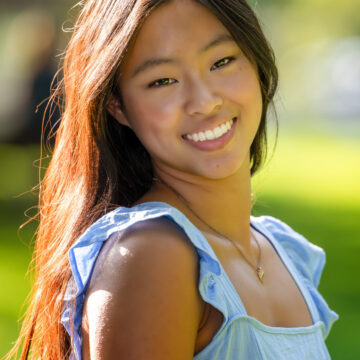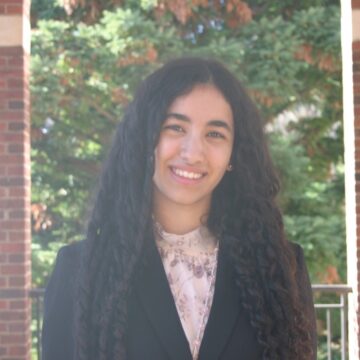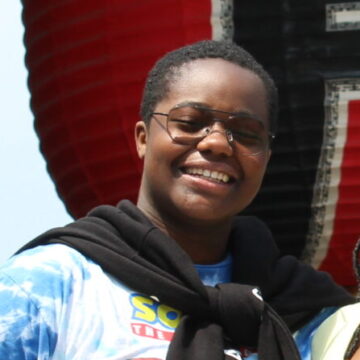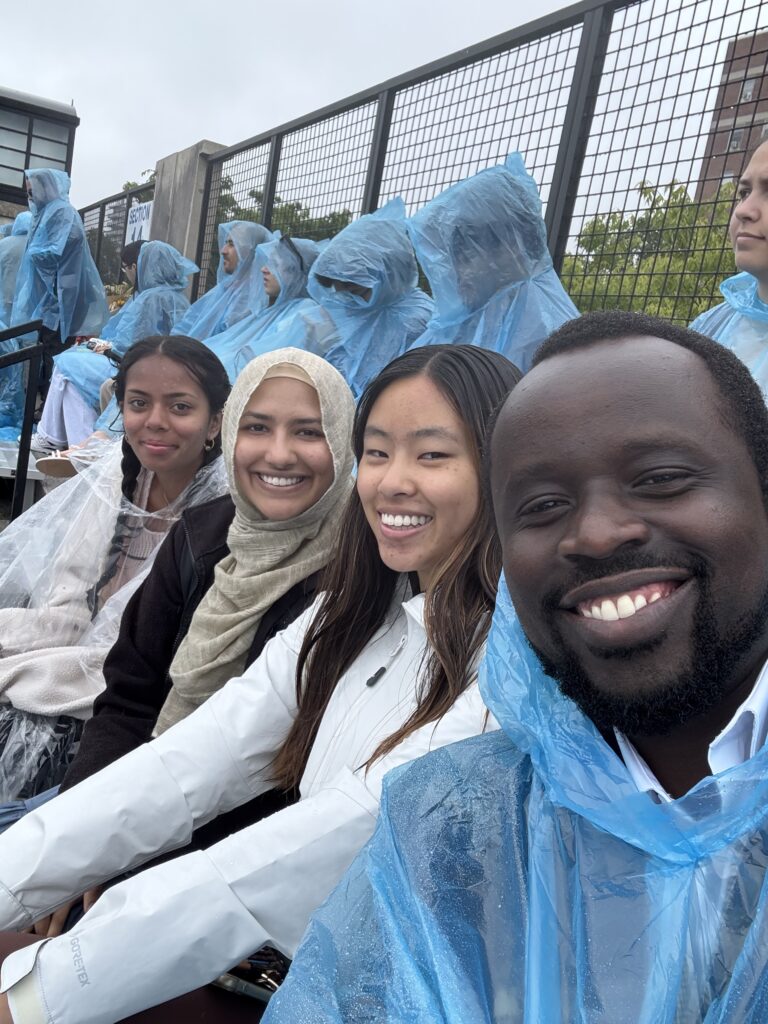
In scenarios such as the beginning of college, when you are thrown into new settings with new people, one three-letter word can carry so much potential. From meeting my closest friends on campus to securing my current research position, the word “yes” has proven to me that connections are just waiting to happen. You only need to be willing and open to starting them.
The most blatant form of saying yes comes into use when agreeing to do something with someone. For example, during the first week of classes in the fall, a new acquaintance at the time had looked at me from across our table and asked, “Do you want to get boba?” I had shrugged and said, “Yes!” Little did I know, this night would be the first of many late night boba runs that Dua and I would go on throughout the course of my first year at Hopkins. I quickly realized that she and I share a love for the flavorful drink along with countless other topics such as the humanities, dressing up for fun, and taking far too many pictures. Now, after knowing her for just under a year, I can confidently say that she is my closest friend at Hopkins. We spend many hours in each other’s presence a week and it never gets boring!
In both the fall and spring semesters of my first year, Dua and I shared only one class with each other: Organic Chemistry. But the relatively small student population size of Hopkins has allowed us to see each other almost every day, despite our otherwise mismatched course schedule. That first “yes” turned into countless others as we invited each other to parallel study, run errands, and do fun things. Within a month of the start of the semester, Dua and I had gotten lunch together too many times to keep track of. A month after that, we cooked together in her apartment’s kitchen. By the end of spring semester, we had gone to a concert, taken a spontaneous trip to northern Virginia, and slept over multiple nights. It amazes me to think that all of this had resulted from a simple agreement to get boba on a random Wednesday night in August.
As I came to understand the power of agreeing to spend time in someone’s company, I grew to be more willing to also do the asking rather than just the agreeing. I had gotten to know Camille originally through orientation week and our housing assignment. We lived three doors down from each other but never really crossed paths until late in the fall semester. Over the cross of intersession, we barely interacted. Once we got back to campus, I made a point to invite her to lunch with me during the first week back. She said yes, and we’ve established a routine of meeting for lunch every Monday, Wednesday, and Friday after our separate 11 a.m. classes. Throughout spring semester, Camille and I grew close, spending hundreds of hours curled up on each other’s beds late into the night, chatting about an endless selection of topics while also continuing our weekly lunch routine. Now, entering summer break, our longest time away from each other, I am confident that we will stay in touch.
It may have taken me a while longer to become comfortable with asking than it did with agreeing, but I have created and maintained plenty of new connections with those around me by being the first to ask. I’ve noticed that my peers are incredibly willing to make new friends, and they may simply just be waiting for someone to ask them first. So, whenever I think someone is interesting in any way, I invite them to study together or get a drink and get to know each other. This happens quite regularly as the people at Hopkins constantly have new insight and experiences to share, and I’ve formed a strong community of friends here.
Although my social life is an aspect I work hard to maintain, I also realize it isn’t the only aspect of life that is important. A piece of advice that circles around the world of academia is to always cold email for opportunities. In my experience, this is true beyond the world of emails. I am currently working under Dr. Andrew Gallup with the Behavioral Biology department at Hopkins, conducting field research on sexual selection in water striders. This opportunity is something I did not see myself doing at all before coming to Hopkins. But I have fallen in love with the work that I do now. I found this project through a series of ‘cold email’ like events: Dr. Gallup crossed my radar for the first time during orientation week, when he spoke on a faculty panel. After the talk, I approached him with the intention of introducing myself as a student in his department. During the conversation, he told me to contact him any time in the future if I have interests or questions. In academia, this is usually an invitation for further communication. I said “yes” to this offer and began a months-long chain of communication spanning through interest discussion, project development, and now project execution.
Taking the initiative in the professional world to introduce myself to a professor resulted in opportunities for me to agree to. Dr. Gallup and I have a connection more meaningful than I would have thought to have with a professor. His compassion toward me has provided me with the confidence to forge similar connections with other professors. Although I was intimidated at the beginning of the semester by professors with multiple degrees, I have found they want to get to know their students as much as we do them. More often than not, my professors have made an effort to get to know me. They’ve memorized my name, my majors, the things I like to do outside of class, and even small mentions of likes and dislikes throughout conversation.
As I have grown as a person throughout the past school year, I have realized that bonds are easily formed with my peers and mentors. Saying “yes” to new people, new activities, and new experiences quickly expanded my horizons and showed me aspects of life that I didn’t know existed. Arguably, I owe the entire life I have built for myself to the little bursts of confidence that allowed me to agree or ask to try something new—something I’ve found no shortage of here at Hopkins.
